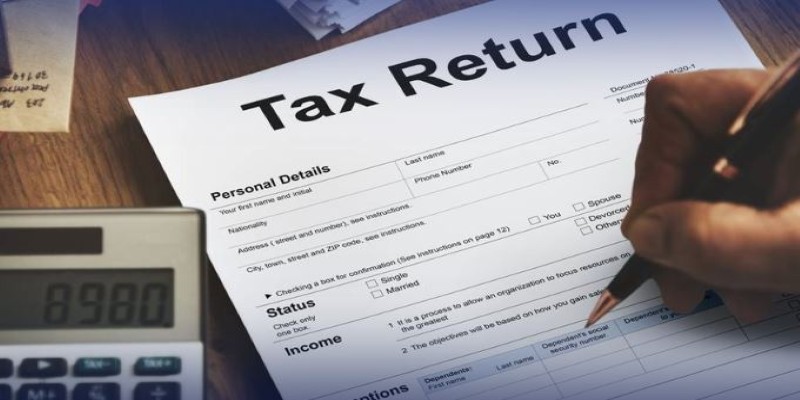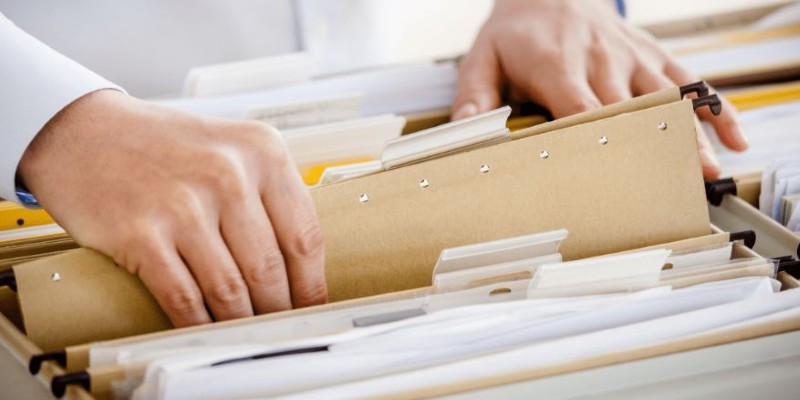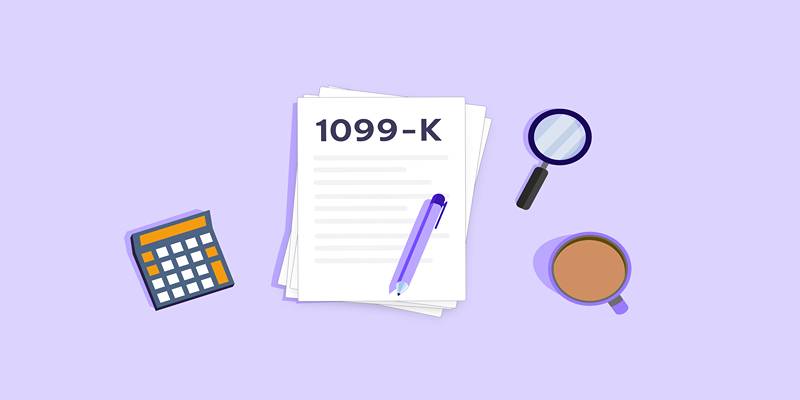Business tax records include a variety of documents that relate to income, expenses, deductions, and any other financial activities tied to your business. These can include invoices, receipts, payroll records, bank statements, tax returns, and any other documentation that supports your business’s financial activities. It’s not just about holding onto them; it’s about knowing what you need to keep and for how long.
You might think that you only need to keep your tax return documents for a year or two, but the reality is more complex. Various records have varying requirements for how long you must retain them. It is important to know these differences in order to stay organized and comply with legal obligations without overwhelming yourself with too much paperwork.
The IRS Guidelines
The Internal Revenue Service (IRS) gives you explicit instructions on how long you must keep business tax records. In most cases, you must keep records for a minimum of three years from the filing date of your tax return. This is the standard statute of limitations within which the IRS can audit your return. However, there are exceptions to this rule that will require you to keep records for extended periods. For example, if you underreport income by more than 25%, the audit period can be extended to six years by the IRS.
In addition, if there's suspicion of fraud or criminal activity, records have to be kept forever since there is no statute of limitations. Property records can have to be maintained for as long as the property and up to seven years after selling the property. Knowing these rules sets you up well for withstanding any probable IRS audit.
Retaining Different Types of Tax Records

Maintaining proper records prevents tax regulatory breaches, assists in supporting claims, and provides key documentation in the event of audits or queries.
Income Records
Records of income are important to confirm income reported on your tax return. These records may consist of invoices, receipts, bank statements, and deposit slips. You must keep these records for three years or more because they act as evidence of your business's earnings. When your business is audited, having these records at hand will enable you to support your income and prevent you from incurring penalties or further examination by the IRS.
Expense Records
Expense records are vital for claiming tax deductions on your business’s expenditures. These include bills, receipts, and credit card statements. To ensure you can claim deductions for expenses such as office supplies or equipment, it’s important to keep these records for a minimum of three years. Proper retention of expense-related documentation can help you defend your deductions in case of an audit and avoid unnecessary tax liabilities.
Payroll and Employee Records
Payroll and employee records are more complex and require longer retention. The IRS recommends keeping these documents for at least four years after the tax year in which taxes were due or paid. This includes W-2 forms, pay stubs, and employee benefit documentation. By retaining these records for the appropriate period, you can provide proof of employee wages, taxes withheld, and compliance with payroll tax regulations.
Property Records
If your business owns property, it’s important to maintain records related to its purchase, depreciation, and sale. These include documents such as receipts, sales contracts, and depreciation schedules. Generally, you should keep property records for at least three years after selling or disposing of the property. This helps ensure you can accurately calculate gains or losses and defend your tax filings in case of any audit or inquiry.
Tax Returns
Tax returns are foundational to your business’s financial records. You should keep a copy of your filed tax returns for at least three years. While the IRS doesn’t require you to retain the original documents indefinitely, keeping a copy can be helpful for reference or in the event of an audit. Retaining tax returns ensures you have the necessary documentation to support your reported income and expenses.
How to Organize and Store Business Tax Records?

Proper organization of your business tax records and receipts will help you stay compliant and avoid future headaches. Here are some steps to make the process easier:
Go Digital: Scan and store records digitally using secure cloud storage. This prevents loss, ensures easy access, and keeps your documents organized with reliable backups for added security and convenience.
Create a Filing System: Organize physical documents by type and year. Label files clearly, store older records safely, and maintain accessibility to ensure efficient management of important paperwork.
Use Accounting Software: Track income and expenses in real time with accounting tools. Digital receipts and invoices simplify record management, ensuring accuracy, efficiency, and easy financial organization for your business.
By using both digital and physical filing systems, you can ensure that your records are organized, easy to retrieve, and compliant with tax requirements.
What Happens if You Don’t Keep Records Properly?
Failing to properly retain business tax records and receipts can lead to significant issues. In the event of an audit, you may struggle to prove your income or deductions, which could result in penalties, additional taxes owed, or even legal consequences. The IRS may impose fines for missing or inaccurate records, and the lack of proper documentation could delay your tax filings.
Inaccurate records can also trigger further scrutiny from tax authorities, potentially leading to more audits and complications down the line. To avoid these risks, it's crucial to keep your tax records organized, accurate, and retained for the required periods. Staying proactive in maintaining your records can prevent unnecessary stress, penalties, and compliance issues in the future.
Conclusion
In conclusion, keeping business tax records and receipts for the right amount of time is essential for staying compliant with tax laws and avoiding potential issues. The IRS recommends retaining most records for at least three years, though certain documents may require a longer retention period. By organizing your records effectively, whether digitally or physically, you can ensure easy access and avoid unnecessary stress during an audit. Maintaining proper documentation not only helps with tax filings but also protects your business from penalties and fines. Be proactive in record retention, and your business will remain on solid financial footing.












